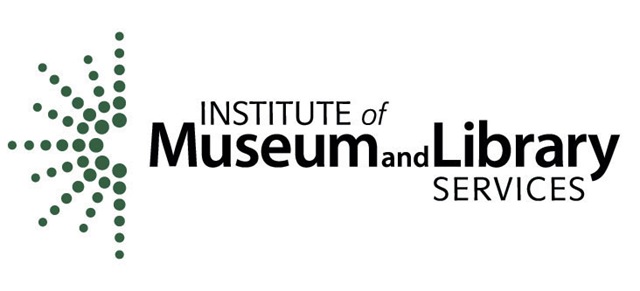 Two universities in Washington State were awards three grants by the Institute of Museum and Library Services.
Two universities in Washington State were awards three grants by the Institute of Museum and Library Services.
Laura Bush 21st Century Librarians Program
This grant program supports efforts to recruit and educate the next generation of librarians and the faculty who will prepare them for careers in library science. It also supports grants for research related to library education and library staffing needs, curriculum development, and continuing education and training.
Washington State University Libraries – Pullman, WA
Award Amount: $499,186
“Collaborative Stewardship: Providing Sustainable Digital Heritage Training for Tribal Libraries, Archives, and Museums” is a three year partnership among Washington State University, the Association of Tribal Archives, Libraries and Museums, the California Indian Museum and Cultural Center, and CoDA, the Center for Digital Archaeology, at the University of California Berkeley. The project will provide: 1) yearly hands on training workshops, 2) a national online digital workbench registry to connect tribal archives, museums and libraries with key resources, 3) set of online resources and web-based tutorials that cover the lifecycle from digitizing to curation, sharing to preservation, all grounded in international standards based protocols as well as the incorporation of tribal cultural values and needs into the process, and 4) a “stewardship kit” that will include a set of guidelines to enhance the video tutorials and a clear step-by-step process detailing the stewardship models. These infographics and multimedia materials can be accessed and downloaded for local stewards to create and implement their digitization and preservation plans.
National Leadership Grants for Libraries
This grant program enhances the quality of library services nationwide by supporting innovative projects that can be widely replicated. Areas of funding include education, research, digitization, and library-museum collaboration.
Research-Support research that investigates key questions that are important to museum, library, and archival practice.
University of Washington – Seattle, WA
Grant Program: National Leadership Grants for Libraries
Program Category: Research
Award Amount: $471,054
The University of Washington, in partnership with Project Information Literacy, will conduct a large-scale quantitative study investigating how recent college graduates find, evaluate, and use information for lifelong learning once they leave campus, particularly in areas such as staying competitive in the workforce, engaging in civic affairs, and personal development. From the data collected and analyzed, researchers will study graduates’ information needs and the information systems they employ as lifelong learners. In related analysis, the team will also study the role libraries currently play in lifelong learning as well as opportunities to enhance lifelong learning that are feasible, practical, and affordable.
Planning Grants allow project teams to perform preliminary planning activities that could lead to a subsequent full project, such as needs and feasibility analyses, solidifying partnerships, developing project work plans, or developing prototypes or proofs of concept. Applications for Planning Grants must include at least one formal partner in addition to the lead applicant.
University of Washington Libraries – Seattle, WA
Grant Program: National Leadership Grants for Libraries
Program Category: Planning Grants
Award Amount: $80,035
The University of Washington Libraries and the Music Library Association (MLA) will conduct a one-year project titled, “National Forum on Online-Only Music: 21st Century Sound Recording Collection in Crisis.” Today’s music industry is increasingly favoring online-only, direct-to-consumer music distribution. This project will examine the possibility of creating an online option to access music collections in library environments. UW and MLA will hire five expert consultants, hold one planning meeting, bring stakeholders together in three national forum meetings, analyze content of the meetings, and develop approaches to the issues including, ideally, a licensing scenario in which libraries may purchase and provide access to online-only music.





